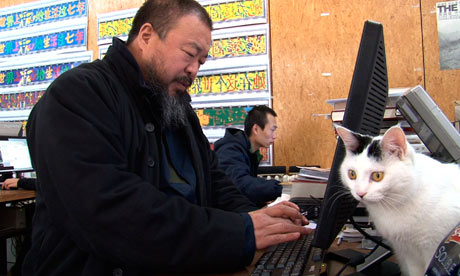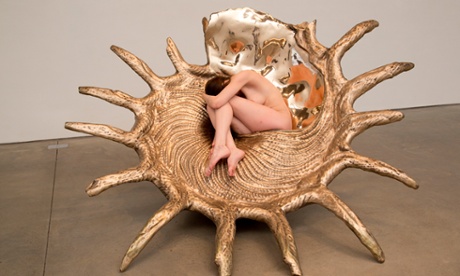The ghosts of Tiananmen Square 1989, and maybe Grosvenor Square 1968, are revived in this engrossing documentary by Alison Klayman about Chinese artist and democracy campaigner Ai Weiwei, who became widely known in the UK with the spectacular Sunflower Seeds installation at Tate Modern in 2010. For years, until the Chinese government chillingly decided on the demolition of his Shanghai studio and an 81-day detention without trial in 2011, ostensibly on tax charges, Ai Weiwei had seemed almost immune to state harassment, due to his chutzpah, his international fame and the very fact he was an artist. The authorities perhaps believed – to paraphrase Auden's line about poetry – that conceptual art makes nothing happen. But his art was making a lot happen: it was brilliantly insisting on creativity and freedom, and made compelling political statements – perhaps chiefly his Citizen's Investigation into the Sichuan earthquake. This was simply a moving and monumental list of people killed in 2008 by the collapse of shoddy and unsafe government buildings; the list is an ongoing, continuously updated work in progress. Part artwork, part memorial, part journalistic campaign, it was conceived in defiant riposte to the authorities who refused to release clear figures. Ai Weiwei himself is a rather mysterious, opaque figure, but utterly confident and unafraid of state bullies. He is heroic.
Ai Weiwei: Never Sorry – review

Contributor

Peter Bradshaw
Peter Bradshaw is the Guardian's film critic
The GuardianTramp









